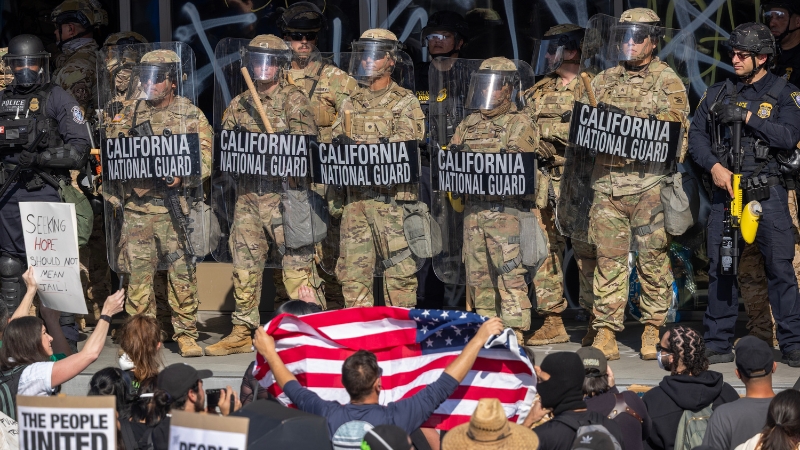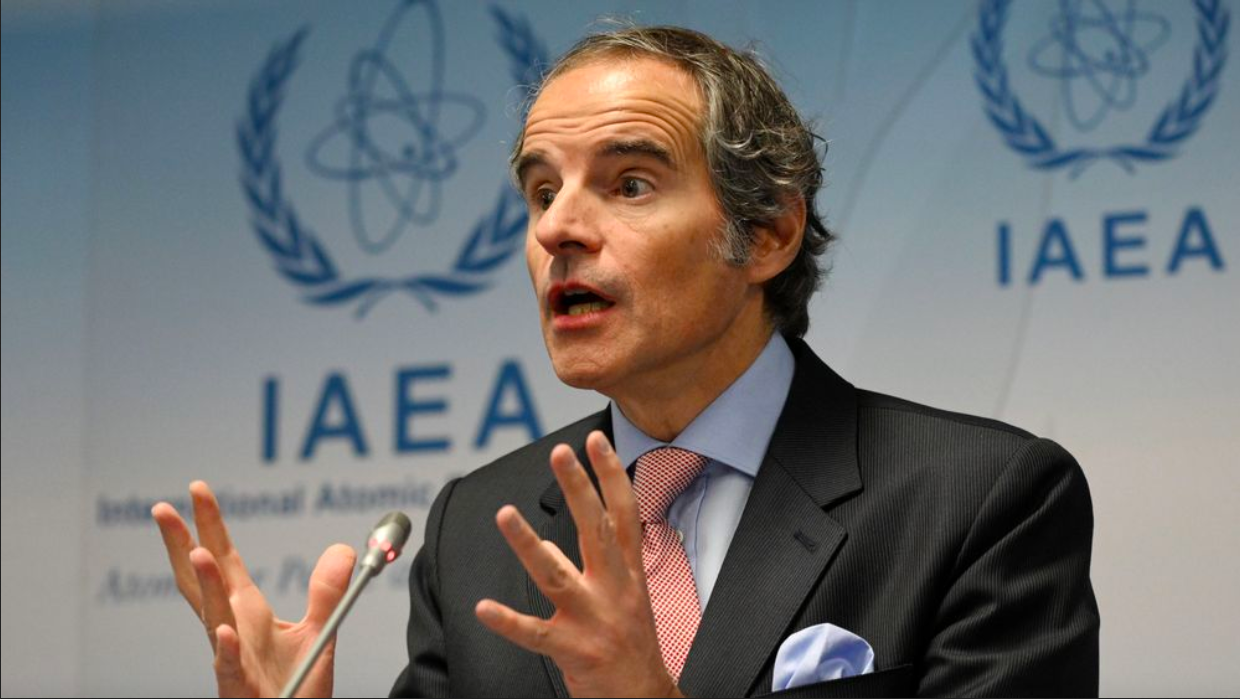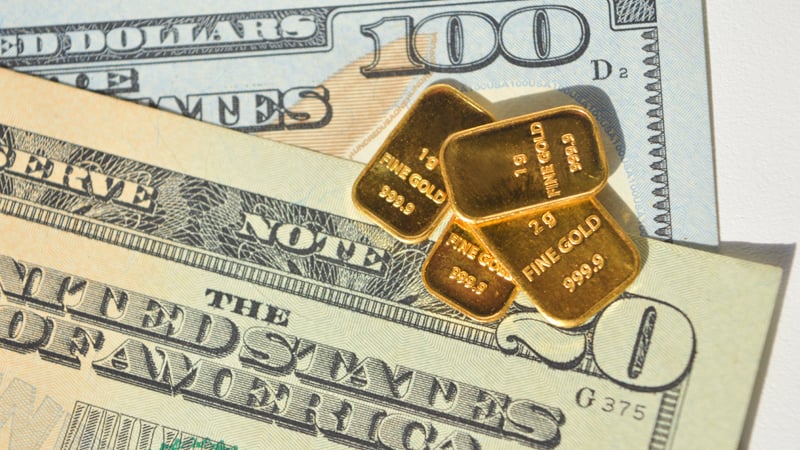Trump: National Guard Could Be Used in other Sanctuary Cities

Alex Jones: Trump Knows Iran has THE BOMB…

Major Nations Led by Germany Pull Their Gold Out of the United States as the World Braces for $130 per Barrel Oil After Iran Threatens to Close the Strait of Hormuz

IAEA Warns Israeli Strike On Iran’s Bushehr Plant Will Create ‘Nuclear Apocalypse’

The head of the UN nuclear watchdog, Rafael Mariano Grossi, warned the UN Security Council on Friday that Israeli strikes on Iran’s Bushehr nuclear power plant pose the gravest risk of triggering a devastating nuclear […]
The post IAEA Warns Israeli Strike On Iran’s Bushehr Plant Will Create ‘Nuclear Apocalypse’ appeared first on The People’s Voice.
Regime Change Means More Migrants for the West

Fed Holds Rates Steady as Inflation Persists, Gold Climbs Higher

